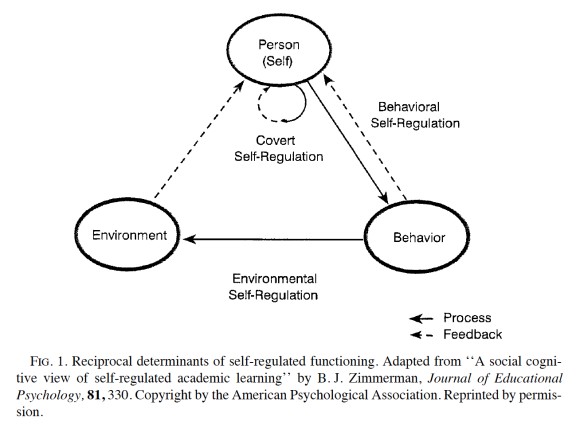
A groundbreaking study published in The Journal of Social Psychology reveals that people consistently prefer to connect with those they perceive as similar to themselves, even in contexts celebrating diversity and differences.
The research, led by Georgetown University PhD candidate Raimundo Salas-Schweikart, examined how similarity influences social preferences across ethnic, religious, and political groups in the United States. Through four comprehensive studies involving over 2,600 participants, the researchers found that the "similarity-attraction effect" remained remarkably stable.
"Many contemporary societies are experiencing increasing diversity," explains Salas-Schweikart. "While research has rightly validated diverse identities, it has sometimes neglected our shared human commonalities."
The studies tested whether emphasizing differences or similarities between groups would affect people's social preferences. Participants from various ethnic backgrounds (Black, Hispanic, and White Americans), religious denominations (Baptists, Catholics, and Protestants), and political orientations (liberals and conservatives) consistently showed stronger desires to form relationships with those they viewed as more similar to themselves.
Surprisingly, this pattern held true even when participants were explicitly prompted to celebrate differences between groups. The research team found that framing diversity in different ways - whether highlighting unique qualities or shared traits - did not significantly alter people's inherent preference for similarity.
"The strength of perceived similarities was unexpectedly robust," notes Salas-Schweikart. "This was particularly surprising across political groups, which typically emphasize differences more than similarities."
These findings have practical implications for managing diversity in modern societies. The researchers suggest that policymakers could leverage the similarity-attraction effect when designing initiatives to bridge social divides and foster cohesion.
However, the study also acknowledges limitations, primarily that all participants were from the United States. "Samples from other places may yield different outcomes," cautions Salas-Schweikart. "More research is needed to explore whether these patterns hold true in non-Western populations."
The research opens new avenues for understanding how societies can maintain unity while embracing diversity. As communities become increasingly multicultural, recognizing both our differences and our shared human experiences may be key to building stronger social bonds.
This comprehensive investigation marks an important step forward in understanding human social behavior and offers valuable insights for creating more inclusive communities in our diverse world.